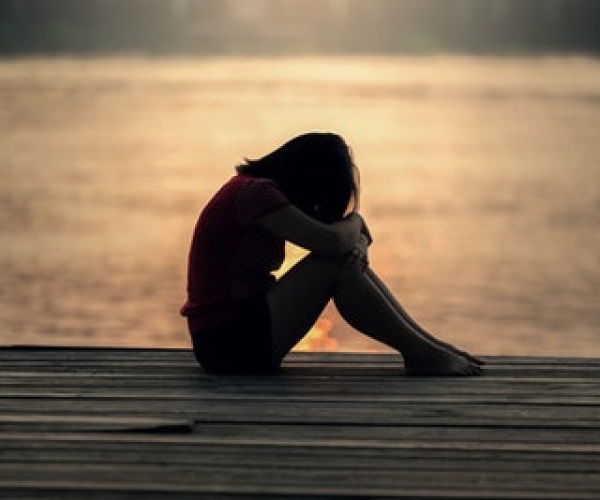What is the difference between low mood and depression?

Ever wondered what the difference is between just feeling down and actually having diagnosed depression? How can you tell the difference? The amount of time has a lot to do with it as explained below.
Low Mood
We all have periods of feeling down, sad, or unhappy, which can be common responses during stressful or difficult times. Experiencing low mood is a normal part of everyday life. However, it often does not last very long and will pass after a short time.
Symptoms of low mood include:
- Sadness
- Anxious
- Tiredness
- Low self-esteem
- Frustrated
In general, this low mood will often come in waves, and moments of enjoyment and happiness will still be able to be experienced as well as feeling hopeful about the future.
What can I do?
If you are having difficulties shifting your low mood, some ways to help improve your mood include:
- Talking to someone such as family, friends, colleague
- Physical exercise
- Better sleep
- Self-care
- Mindfulness/meditation
Depression
If your low mood persists for two weeks or more, it could be a sign of depression. Depression is a mental health disorder that can cause significant distress or impairment in your ability to function in important areas of life (e.g., social, occupation, or school) and experience enjoyment in activities.
The Diagnostic Statistical Manual of Mental Disorders fifth edition and International Classification of Diseases 11 are two frameworks used to diagnose individuals with depression (Australian Psychological Association, 2013; World Health Organization, 2018).
Both frameworks state that depression is characterised by feeling depressed or low for most days or markedly diminished interest or pleasure in activities.
Accompanied by at least five or more other symptoms lasting at least two weeks or more:
- Depressed mood
- Loss of interest in previously enjoyed activities
- Irritability or agitation
- Difficulties sleeping
- Fatigue
- Feelings of worthlessness
- Difficulties concentrating, or indecisiveness
- Changes in appetite that cause weight loss or gain
- Recurrent thoughts of death or suicide
How do I know when to get help?
Ups and downs are a normal part of life, and most people will experience feelings of low mood in response to a stressful or difficult situation. This low mood can often be shifted easily or will pass after a few days. However, if you notice that your low mood is lasting for weeks and is impacting on your ability to function and experience enjoyment, this could be a sign to seek professional help.
If you are experiencing extended periods of low mood, why not take the first step to feeling better about life by giving us a call today? Our team of highly skilled and experienced Psychologists are here to listen and to help.
There can be many reasons why you might be experiencing prolonged low mood or depressive symptoms and seeking advice from your GP can be a helpful first step to assess whether there are any medical explanations or if psychotherapy could be beneficial.